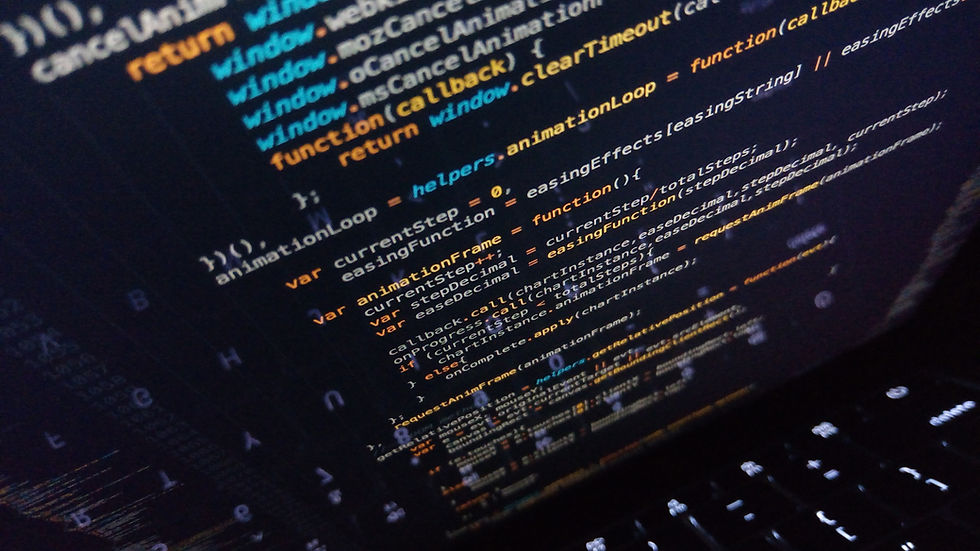The Impact of Open Source on Java Code Plagiarism Detection
- Codequiry

- Oct 21, 2024
- 1 min read
Updated: Oct 24, 2024
Open source code has transformed software development, offering a wealth of reusable resources and fostering collaboration. However, it also presents challenges for check Java code for plagiarism detection.
Challenges
Increased Code Similarity: The abundance of open-source code can blur the lines between original work and plagiarism.
False Positives: Shared patterns in open-source projects may lead to legitimate code reuse being incorrectly flagged as plagiarism.
Evolving Codebases: The dynamic nature of open-source projects complicates the accuracy of plagiarism detection models.
License Compliance: Ensuring compliance with licensing terms is crucial to avoid legal issues.
Strategies for Effective Detection
To improve Java code plagiarism detection in the context of open source, consider these strategies:
Contextual Analysis: Assess code structure, comments, and purpose to differentiate between genuine reuse and plagiarism.
Semantic Analysis: Focus on the meaning and intent of code to identify modified copies with unchanged logic.
Machine Learning Techniques: Train algorithms on labeled datasets to recognize plagiarism patterns in new code.
Open-Source Code Repositories: Use platforms like GitHub to trace code origins and detect unauthorized copying.
License Compliance Tools: Employ tools to ensure adherence to open-source licenses, preventing legal issues.
By integrating these strategies, we can create more effective tools for checking Java code for plagiarism. For a robust solution, consider Codequiry—it provides advanced features to accurately detect code similarities and maintain the integrity of software development.




Comments